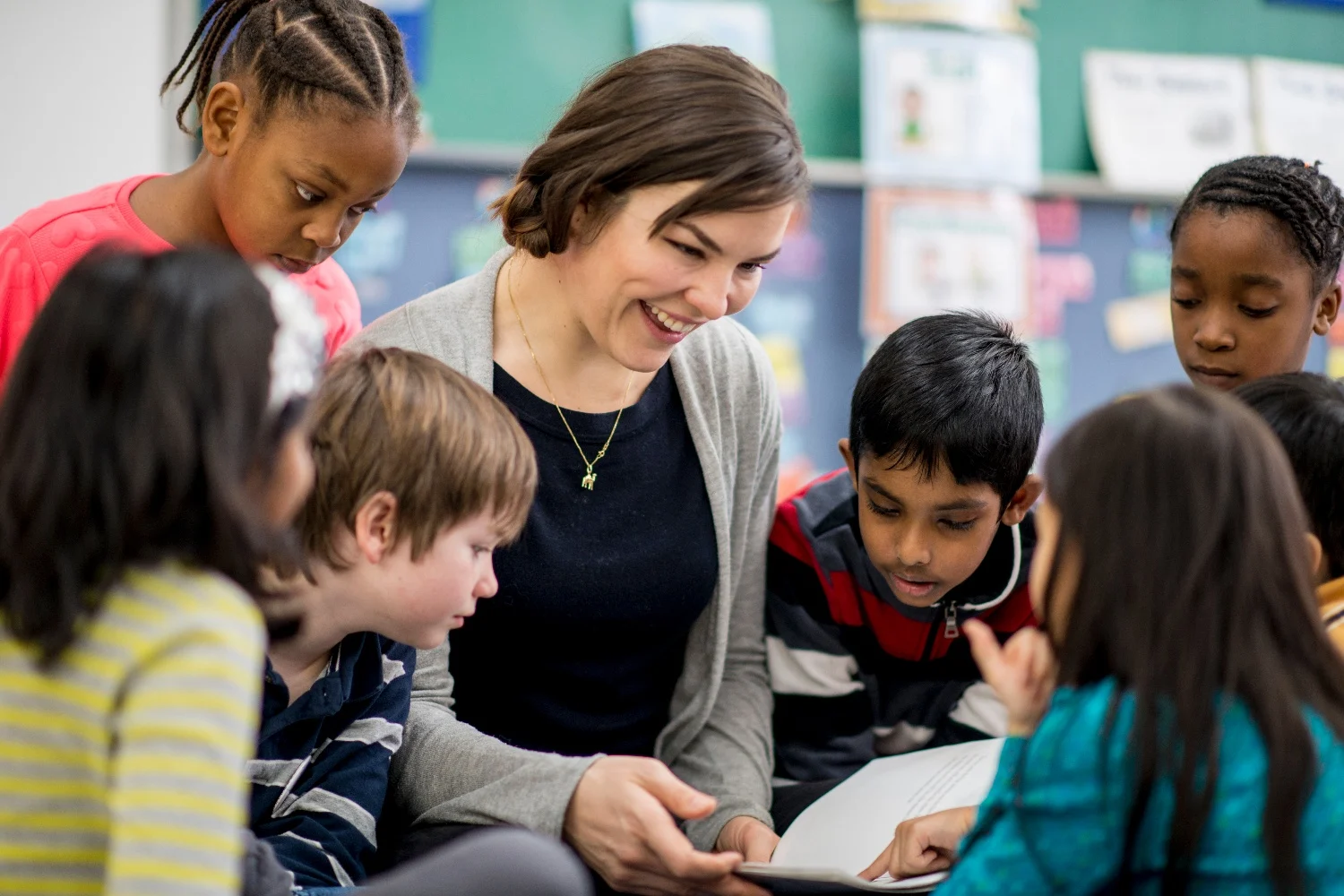What Is Social Emotional Learning and Why Is It Important?

If you’ve ever watched a student learn how to manage frustration, stand up for a friend, or calm themselves down after a tough moment, you’ve seen social-emotional learning in action. It’s not just a buzzword in education. It’s a foundational part of how children grow, relate, and thrive in the world.
As a counselor and educator, I’ve witnessed firsthand how essential social emotional learning (SEL) is in shaping not just academic success, but lifelong well-being. But what exactly is SEL, and why should it matter to families, schools, and communities?
Let’s explore what social emotional learning really means and how it helps children become more confident, compassionate, and capable human beings.
Understanding Social Emotional Learning
At its core, social emotional learning is the process by which individuals, especially children and teens, develop their skills to manage emotions, build healthy relationships, make responsible decisions, and handle life’s challenges.
The Collaborative for Academic, Social, and Emotional Learning (CASEL), one of the leading voices in this work, outlines five key competencies of SEL:
- Self-awareness – recognizing your emotions, thoughts, and values
- Self-management – regulating emotions and behaviors in different situations
- Social awareness – showing empathy and understanding different perspectives
- Relationship skills – communicating clearly, resolving conflict, and cooperating
- Responsible decision-making – making ethical and constructive choices
These may sound simple, but they take intentional time, teaching, and reinforcement to grow, and they can transform classrooms when embedded in the culture of a school.
Why SEL Matters in Today’s Classrooms
Students don’t leave their emotions at the door when they walk into school. Whether they’re coping with anxiety, navigating friendships, or recovering from trauma, their emotional worlds influence how they learn.
Social-emotional learning helps students:
- Focus better in class
- Reduce disruptive behaviors
- Improve relationships with peers and teachers
- Build resilience in the face of challenges
- Feel more connected and valued
Research has consistently shown that strong SEL programs are linked to better academic outcomes and improved school climate. But SEL is not just about short-term success. It lays the groundwork for long-term emotional health, career readiness, and community engagement.
SEL Isn’t a One-Time Lesson
One of the biggest misunderstandings about social-emotional learning is that it can be taught in one-off lessons. While curriculum helps, SEL works best when it’s integrated into everything: classroom management, discipline practices, morning check-ins, and school-wide expectations.
It’s also most powerful when modeled by adults.
When educators pause to regulate their own emotions, apologize when needed, and show empathy in real-time, students learn what SEL looks like in action. And when families are engaged in SEL efforts at home, students see these values carried throughout their day.
Supporting SEL at Every Level
SEL doesn’t just happen in elementary schools. Middle and high school students need these skills just as much, if not more. The challenges of adolescence call for safe spaces to talk about identity, values, and mental health. That’s where thoughtful SEL programming can make a profound difference.
At Counseling Today, I work with school counselors and educators to build systems that prioritize SEL. Whether through SEL training for teachers, grief-informed approaches, or trauma-sensitive practices, the goal remains the same: to create environments where students are safe enough to learn and strong enough to thrive.
SEL Is Human Work
If you’re wondering what social emotional learning is, SEL is really about becoming more human with one another. It’s about naming our feelings, owning our actions, and seeing others with compassion.
And in a world where it’s easy to feel disconnected or overwhelmed, SEL helps students, and the adults who support them, stay grounded in what matters most: connection, care, and courage.




